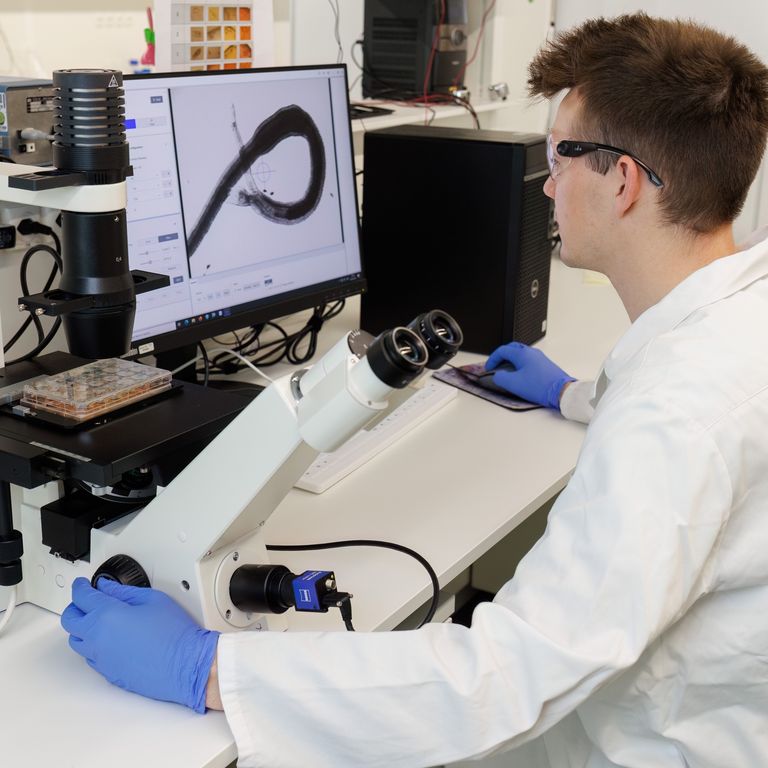

HIV/AIDS
At Swiss TPH, we are committed to contributing to the global effort to control the HIV/AIDS epidemic. Our focus is on ensuring equitable access to prevention and care, particularly for disadvantaged communities in rural areas and vulnerable groups such as women and children. Our activities build on long-standing partnerships with government and non-government institutions in various low- to middle-income countries, primarily in sub-Sahara Africa. Through these partnerships, Swiss TPH provides support in the form of technical expertise, infrastructure and human resource funding, capacity building and consultancy services.
Key Projects
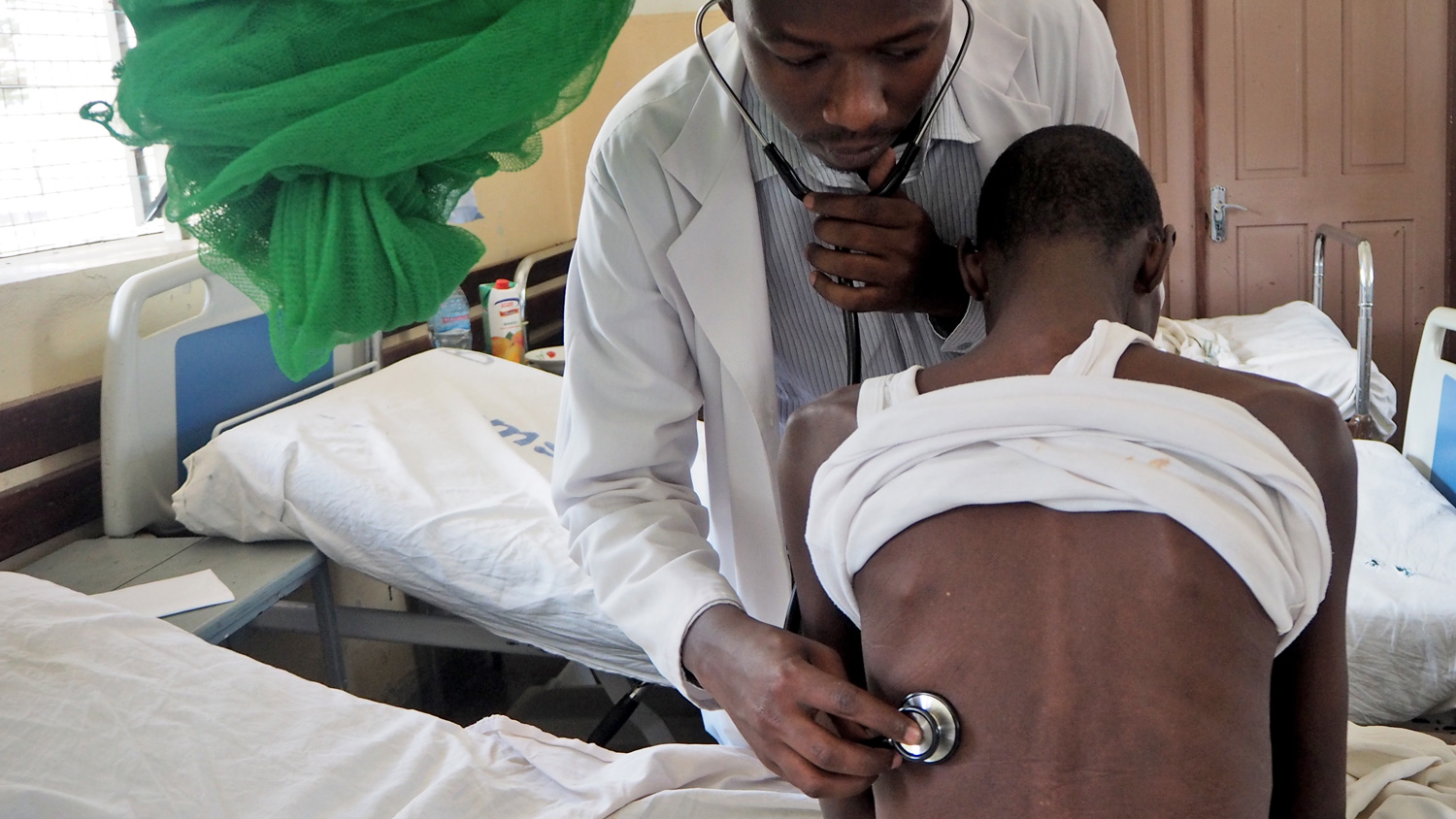
Good quality clinical care and research for persons living with HIV
The first rural HIV care and treatment centre in Tanzania was established in Ifakara in 2005 by St. Francis Referral Hospital and the Ifakara Health Institute. The Chronic Diseases Clinic Ifakara (CDCI) serves Kilombero and Ulanga districts, offering HIV and TB diagnosis and treatment in line with national guidelines. The clinic also hosts KIULARCO, a research cohort with clinical data and biobanked samples from over 9,000 consenting patients, supporting studies on antiretroviral resistance and opportunistic infections such as cryptococcosis and TB. Training, capacity building and career development are core to the project. In Lesotho, the first molecular lab for HIV resistance testing was established at Seboche Hospital in partnership with the Ministry of Health, University of Basel’s Molecular Virology Division, and SolidarMed. The lab supports tailored treatment for patients failing first- or second-line antiretroviral therapy.
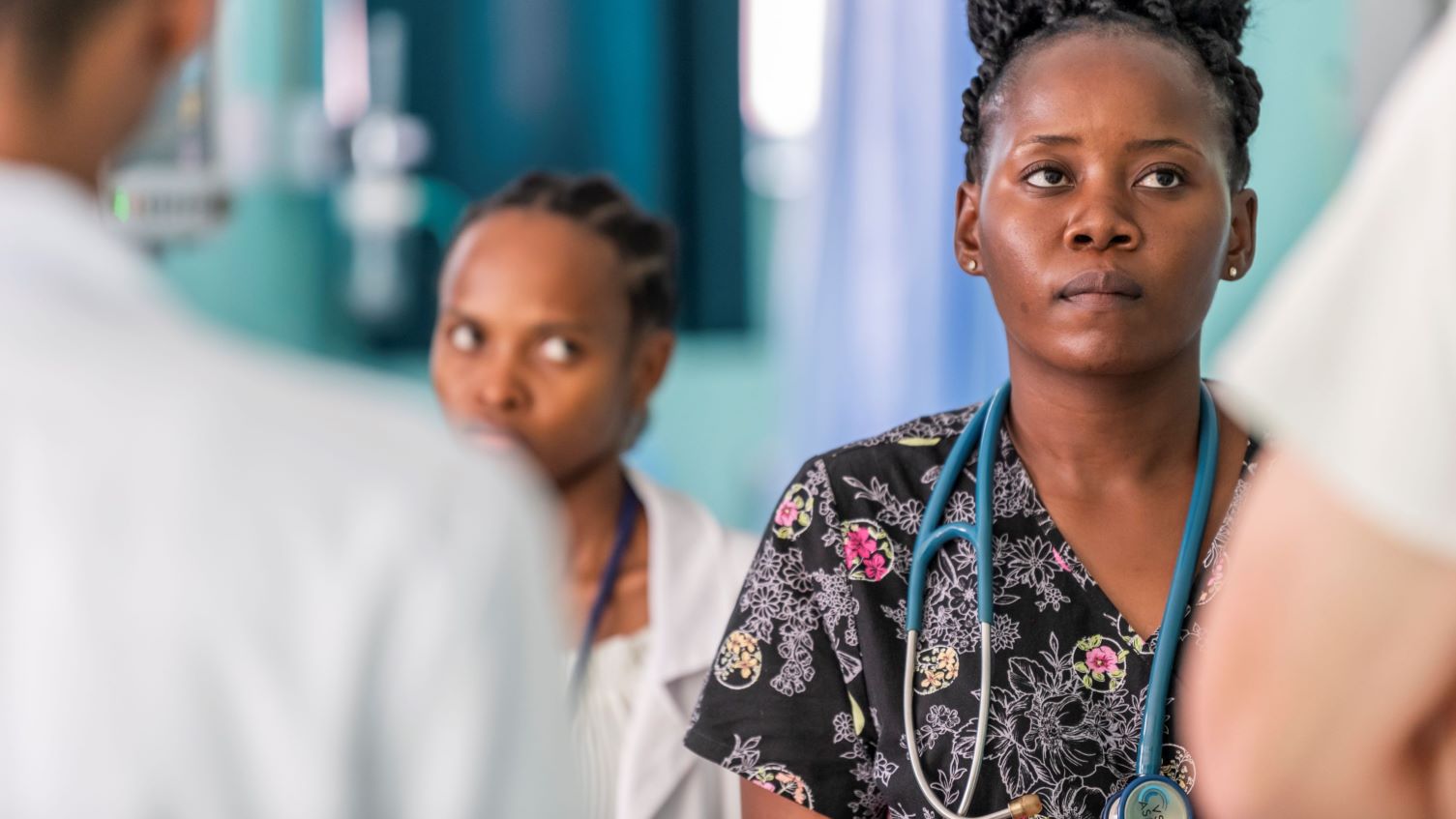
Advancing Cervical Cancer Screening in HIV-Positive Women
In Sub-Saharan Africa (SSA), cervical cancer (CC) remains the leading cause of cancer-related death among women. This coincides with the high prevalence of HIV in the region. Although the introduction of antiretroviral treatment has reduced the risk of some cancers in people living with HIV, the incidence of CC has not decreased. Prevention strategies are considered to be the most effective way to reduce CC-related morbidity and mortality. The project will contribute to reducing disparities in CC by developing a framework and monitoring tool for CC screening programmes for women living with HIV in SSA. Read more
HIV/AIDS Targets @ Swiss TPH
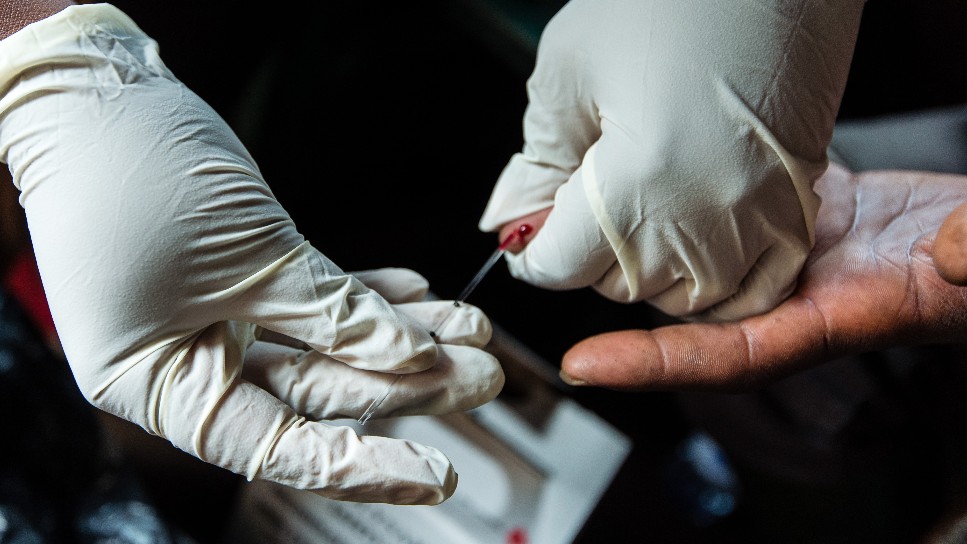
Target 1: 90% of people living with HIV know their status
In collaboration with the Ministry of Health and SolidarMed, Swiss TPH tested different approaches of community-based HIV testing and counselling in rural Lesotho. To assess the coverage that can be achieved by home-based HIV testing, >6000 households in remote villages with >18'000 household members were visited in 2016 for home-based HIV testing. Read more about the GET ON project
By offering voluntary testing and counselling as well as a hospital-wide provider-initiated testing and counselling SwissTPH enrols monthly 60-120 newly diagnosed patients into care in a district hospital in rural Tanzania (St. Francis Referral Hospital, Ifakara).
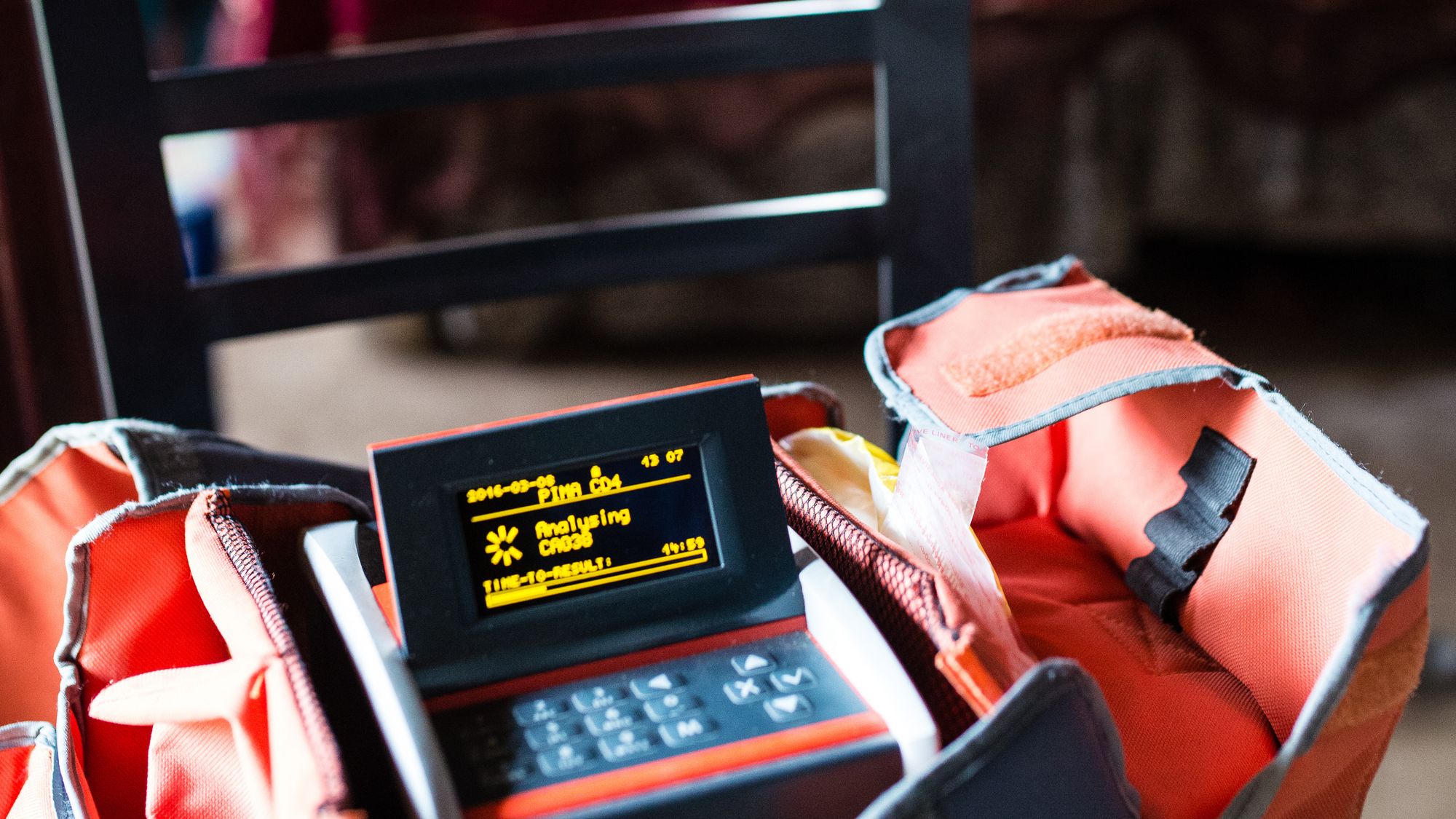
Target 2: 90% of people living with HIV who know their status are receiving treatment
Overall, in Tanzania 53% of HIV-positive people are on antiretroviral treatment. In a Swiss TPH-based project in Tanzania 89% of patients attending are under antiretroviral treatment. In October 2016 Tanzania launched the recommendation of universal antiretroviral treatment for all HIV-positive individuals, irrespective of the CD4 count.
With the CASCADE-trial – a randomized controlled trial conducted in Lesotho, Swiss TPH tested if home-based same-day start of antiretroviral therapy in individuals who test HIV-positive improves linkage to care and leads more quickly to viral suppression. Read more about the CASCADE trial
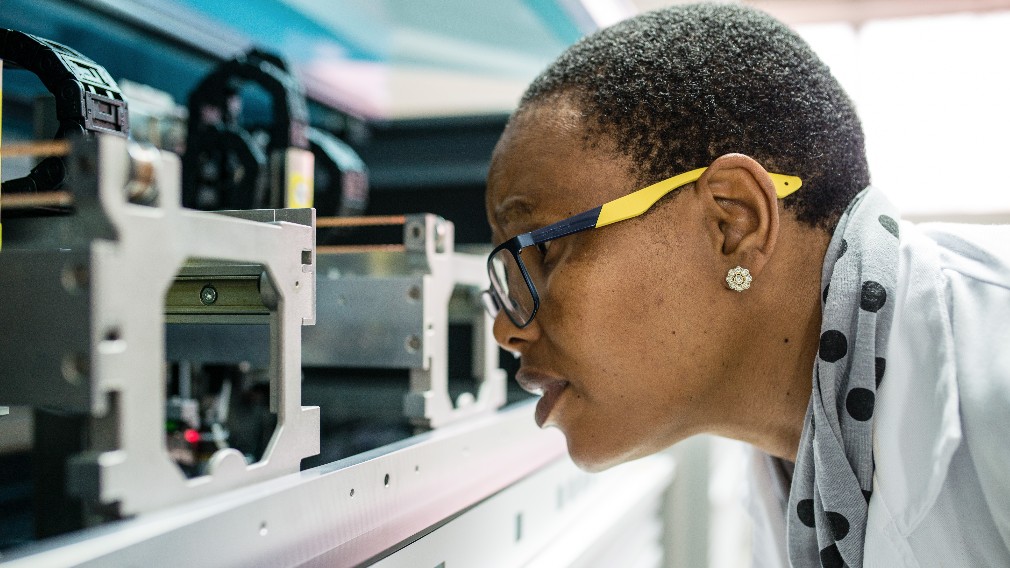
Target 3: 90% of people on treatment have suppressed viral loads
HIV mutates rapidly and if unsuppressed, can become resistant to a patient’s therapy, eventually causing AIDS. Resistance testing can determine which drugs will work for a particular patient; however, access to this costly diagnostic tool is extremely low in most resource-limited settings. Children and adolescents with HIV have poorer treatment outcomes than adults and are particularly vulnerable to delays in finding a functioning drug combination. GIVE MOVE is a multi-country (Lesotho, Tanzania) randomized clinical trial assessing if rapid resistance testing at the first measurement of an unsuppressed viral load improves health outcomes for children and adolescents living with HIV. Read more about the GIVE MOVE project
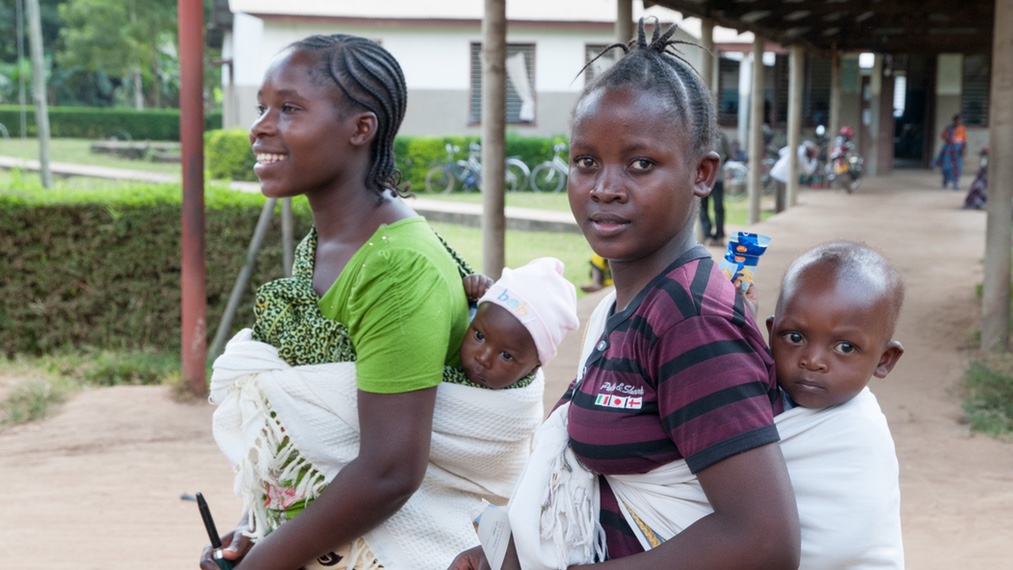
Target 4: Zero new HIV infections among children
Prevention of mother to child transmission is a mainstay of HIV care. Tanzania was one of the first countries to implement the so called ‚Option B+ Plan’ in 2013. Option B+ implies antiretroviral treatment for all HIV positive pregnant women during and after pregnancy irrespective of CD4 cell count together with an intrapartum treatment of the mother and a postpartum treatment of the baby for the first 6 weeks of life. With this, transmission rates fell from 30% to 9%. Within a specific programme run by Swiss TPH – the One Stop Clinic – offering care for HIV-positive pregnant women and their families, the rate could be reduced further to 2%.
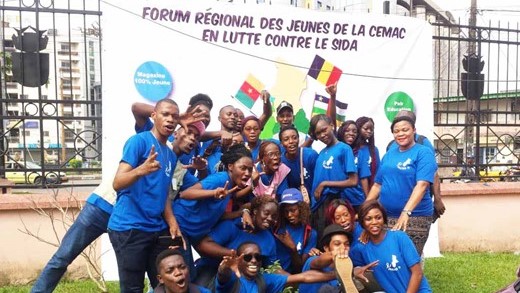
Target 5: 90% of women and men have access to HIV combination prevention and sexual and reproductive health services
One of the most cost effective approaches to combat the HIV epidemic consists in increasing and assuring the use of condoms among the sexually active population. Social marketing through offering subsidized products is a commonly used strategy in HIV prevention. In consequence, Swiss TPH supports the social marketing of male and female condoms by national marketing associations along behavioural changes among adolescents and high risks groups such as lorry drivers or female sex workers. In Congo, the Central Africa Republic, Cameroun and Chad, Swiss TPH could over the last decade contribute to improve the accessibility and use of male and female condoms thereby making a significant contribution to the reduction of new HIV/AIDS cases. Read more about the HIV/AIDS prevention project in Central Africa
Target 6: 90% of women and girls live free from gender inequality and gender-based violence to mitigate the risk and impact of HIV
Talking about sexuality and rights is difficult for many young people—especially in fragile and conflict-affected settings. Jeune S3, funded by the Dutch Ministry of Foreign Affairs and led by Cordaid, aimed to ensure that all young people, including the most marginalised—especially girls aged 10–14—can make informed, safe choices about their sexual and reproductive health and rights (SRHR). The programme worked to improve access to SRHR information and services as a fundamental right, helping young people live healthy lives and plan their futures. By 2020, Jeune S3 aimed to reach over a million young people across Benin, Cameroon, the Central African Republic and the Democratic Republic of Congo. Watch the Jeune S3 video. Watch the Jeune S3 video